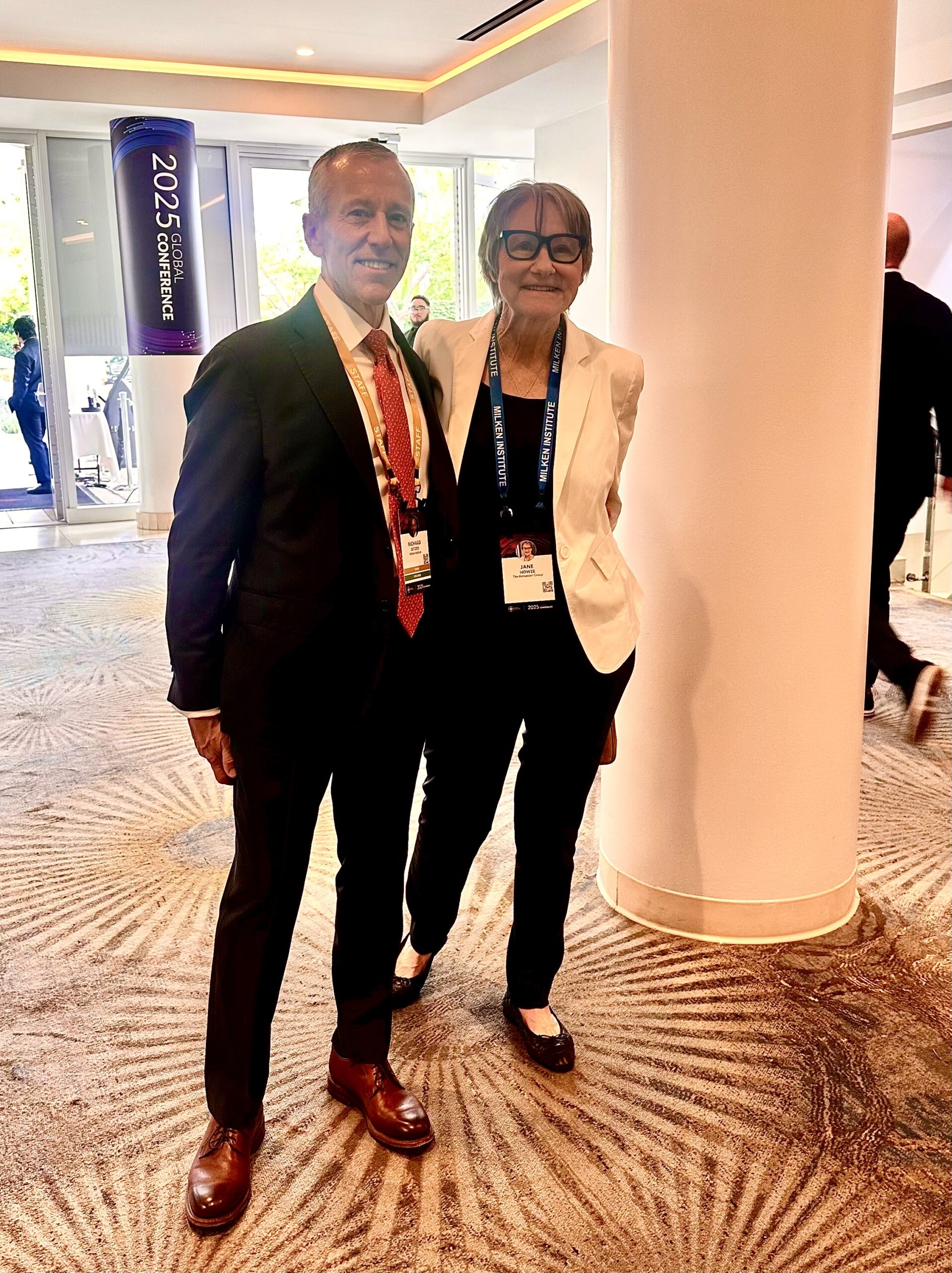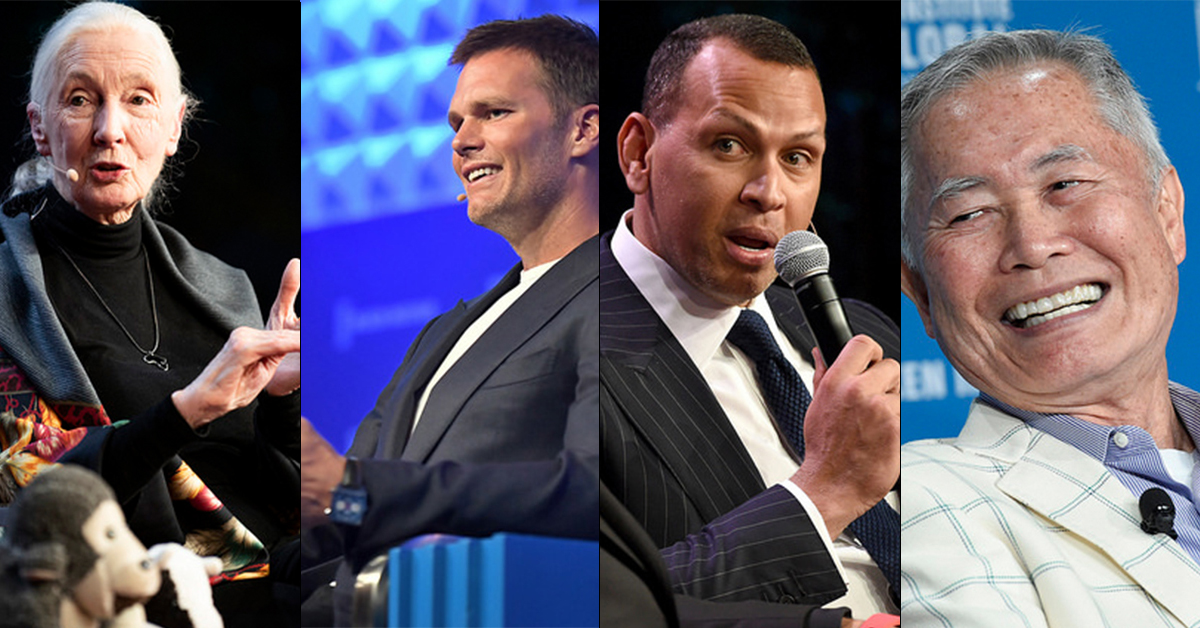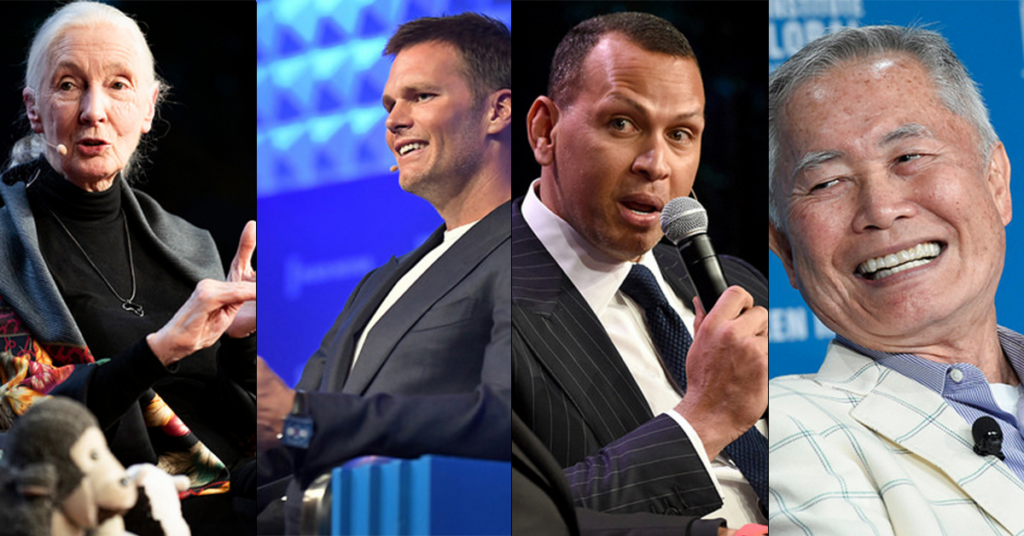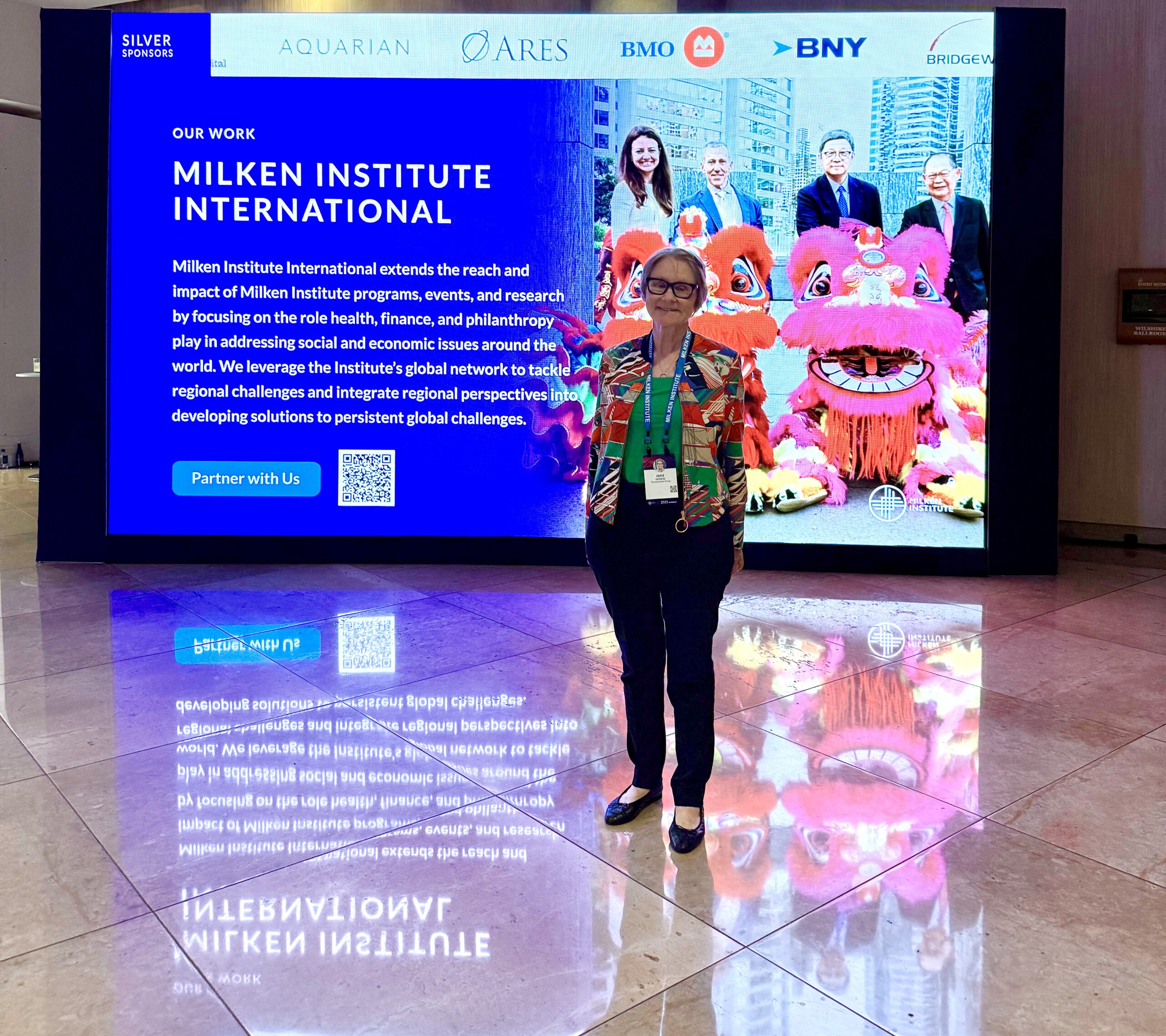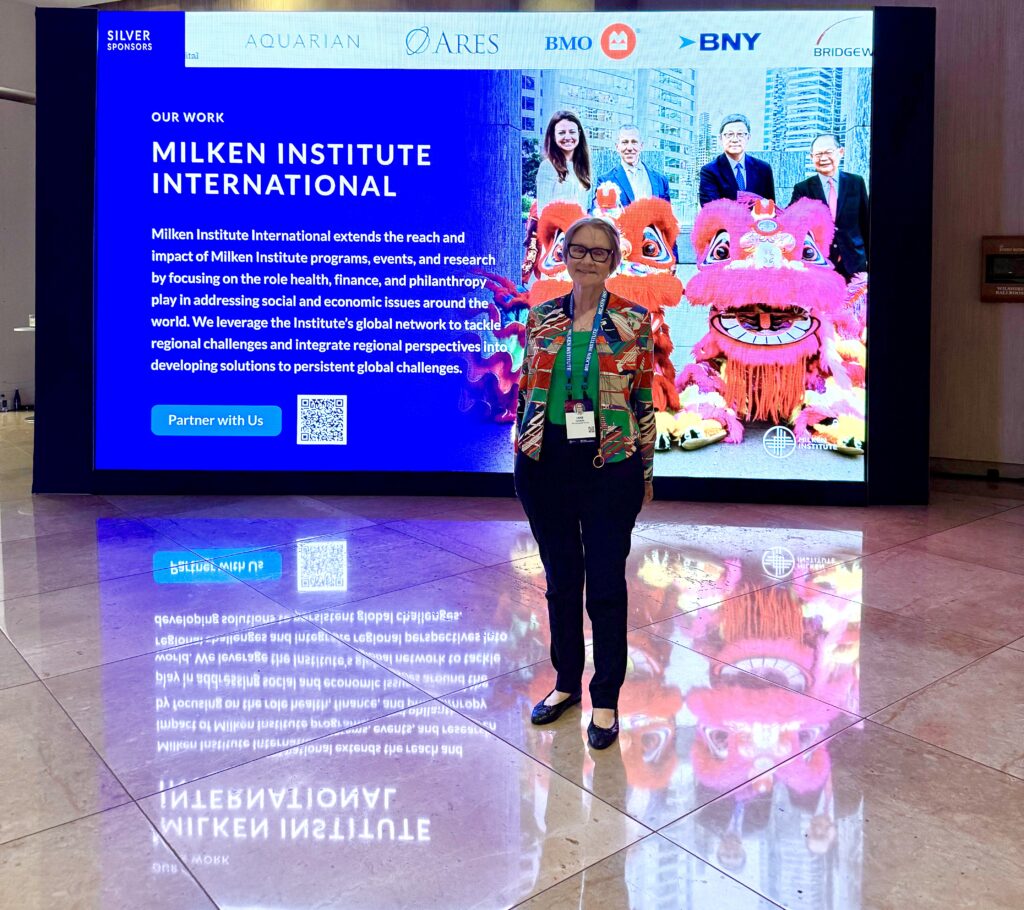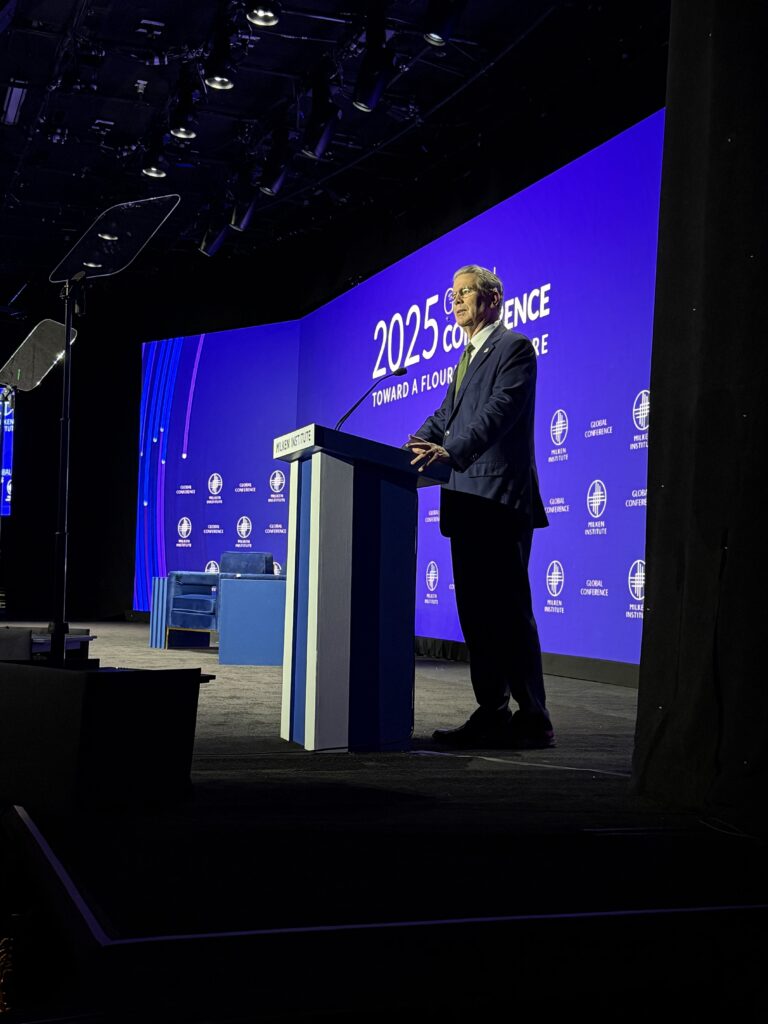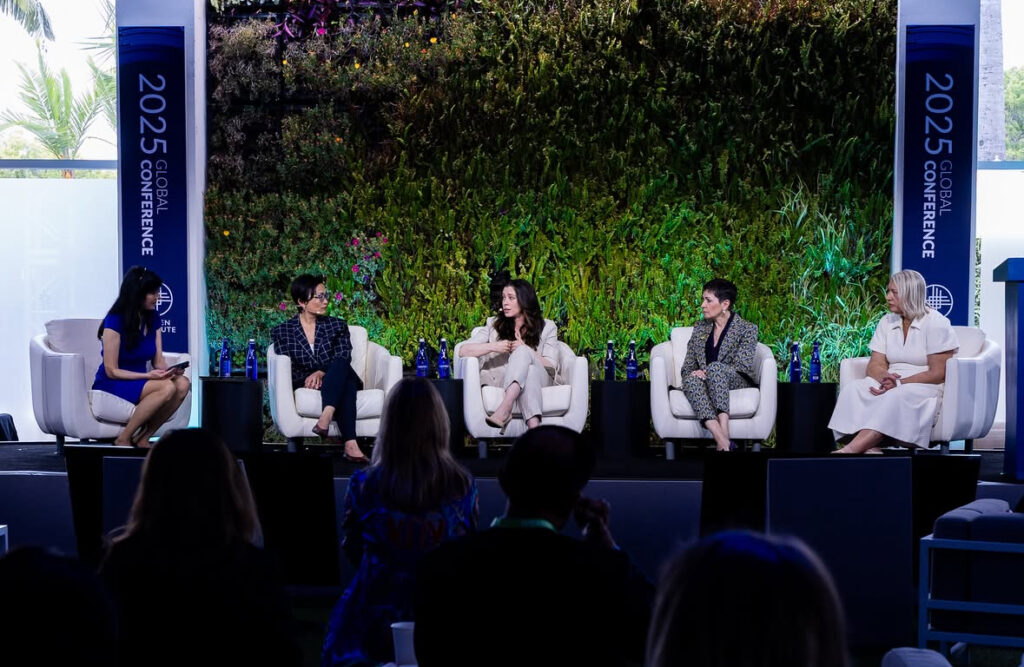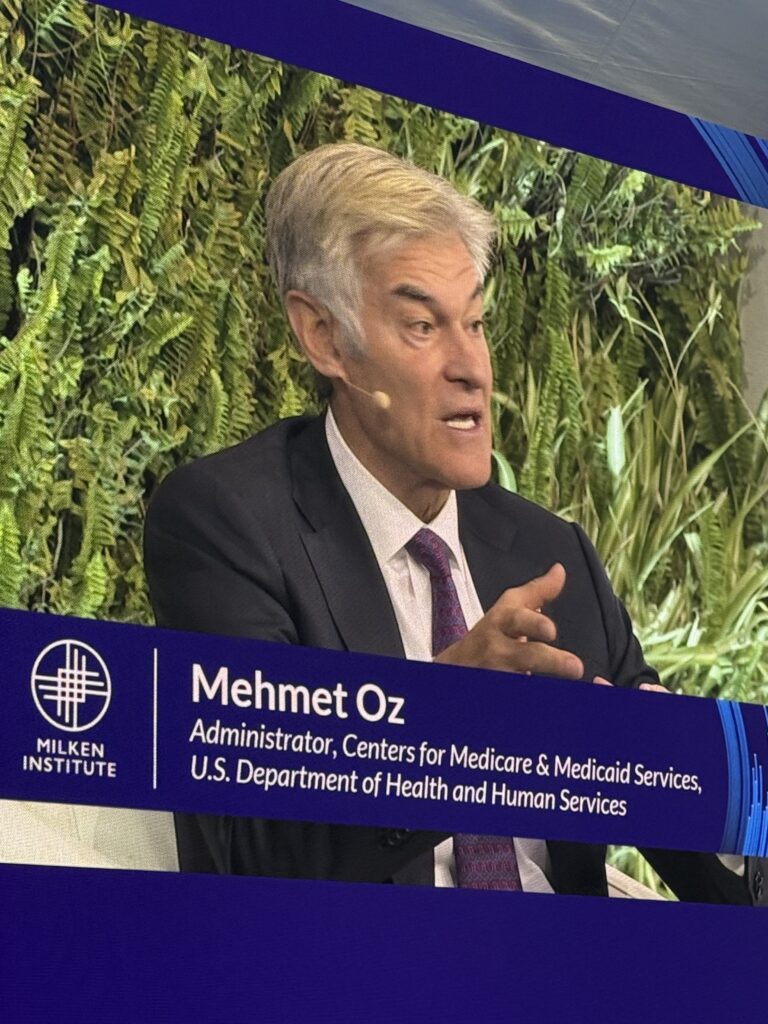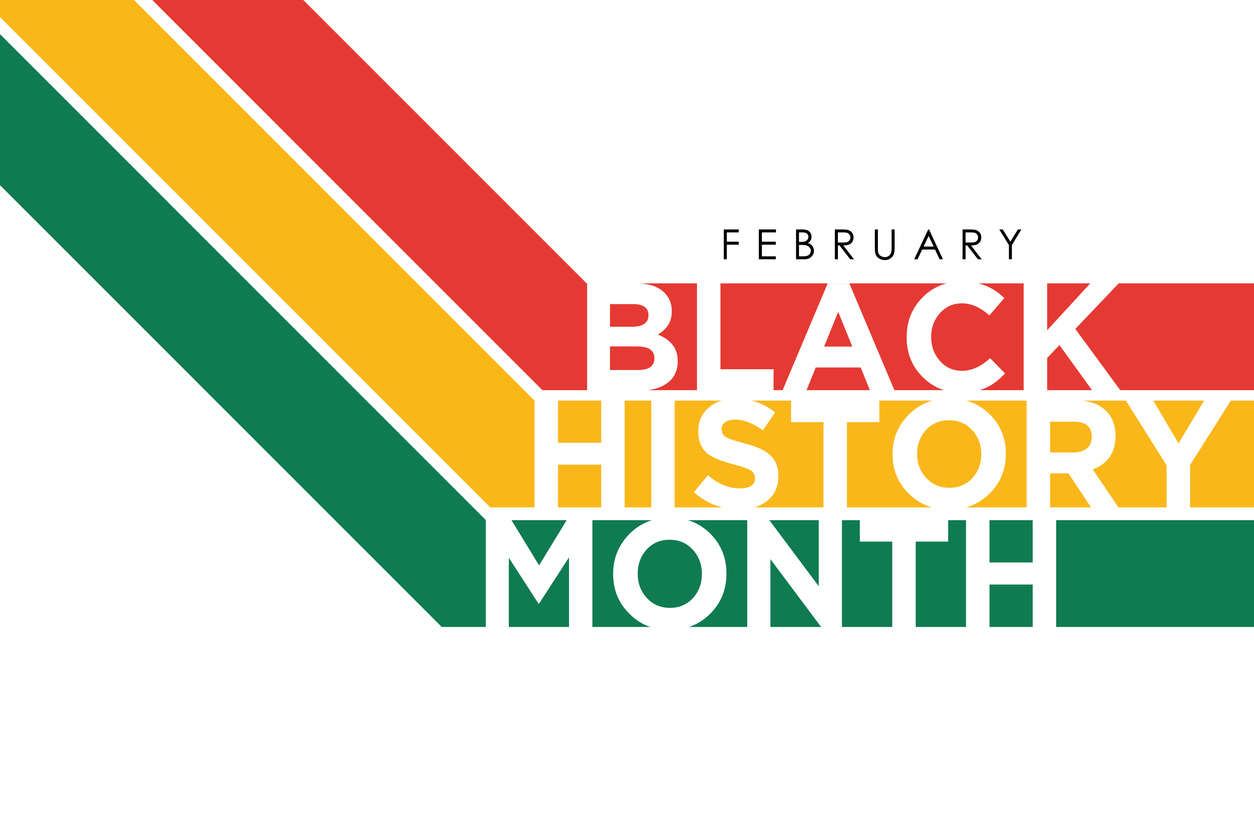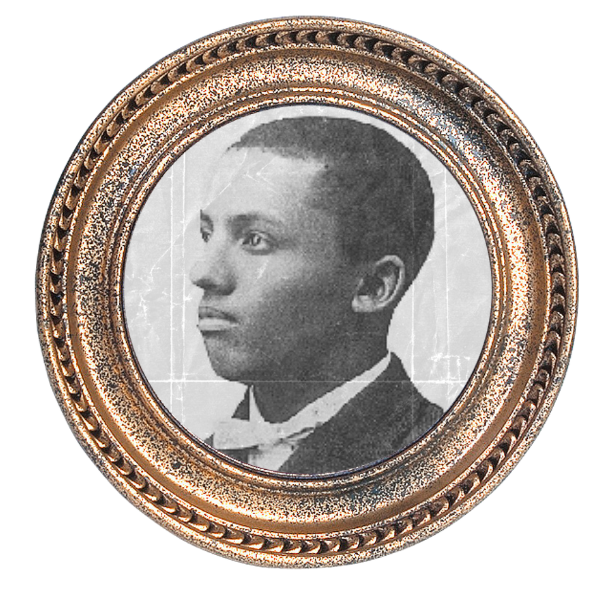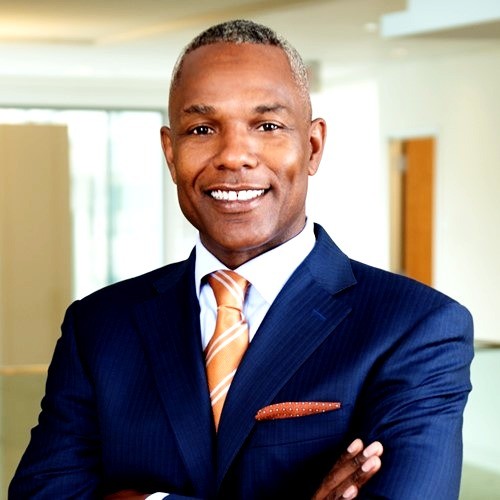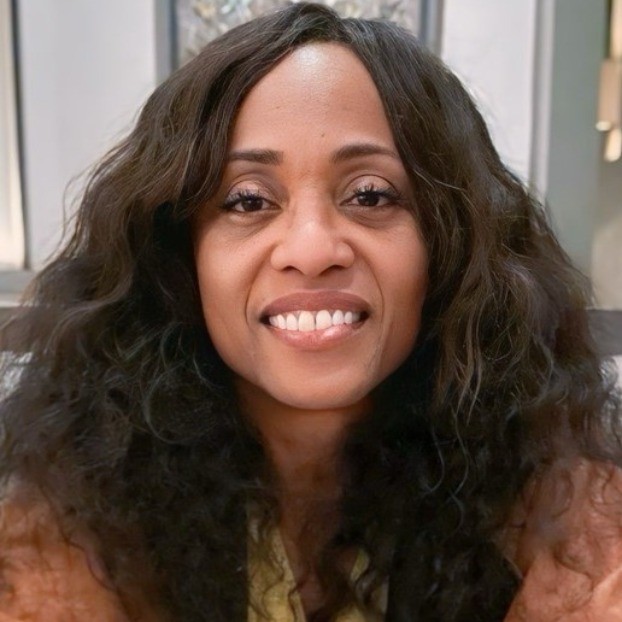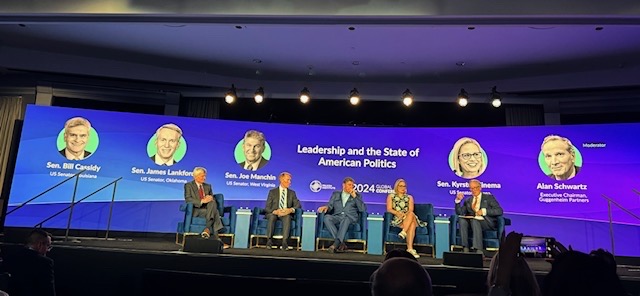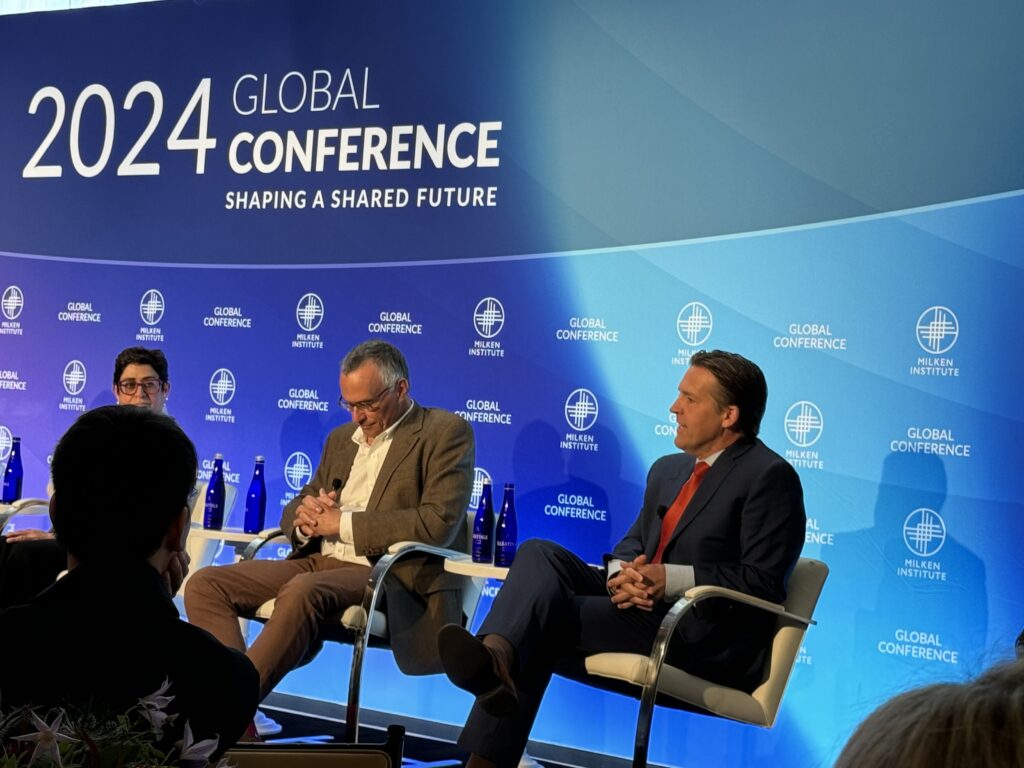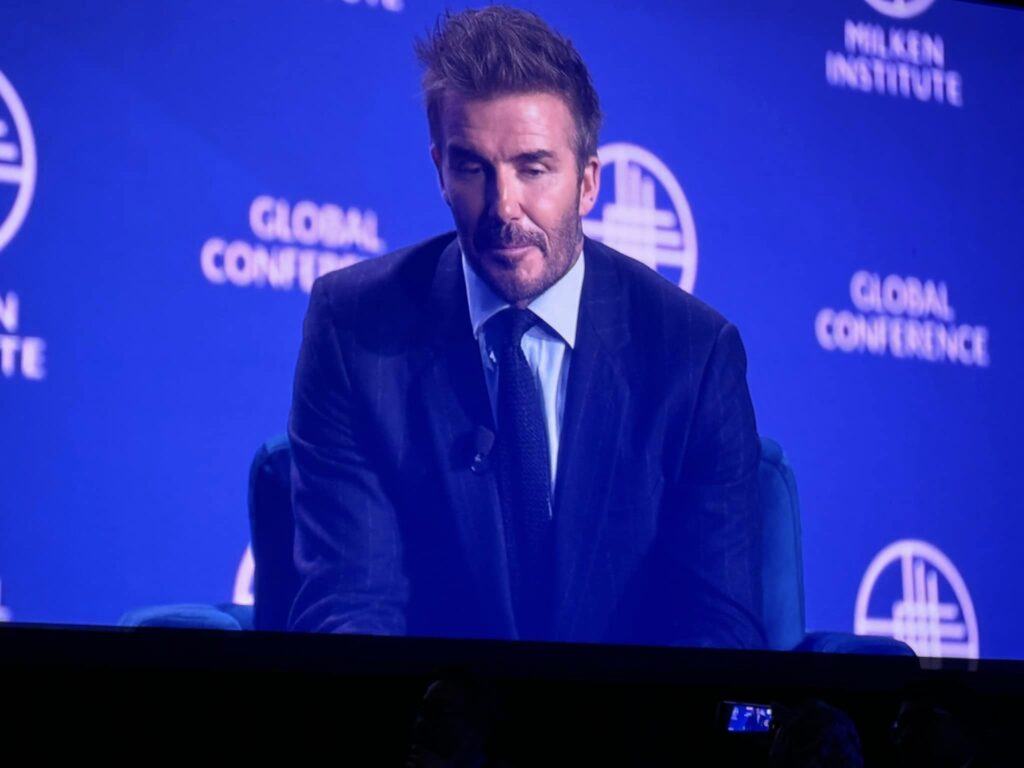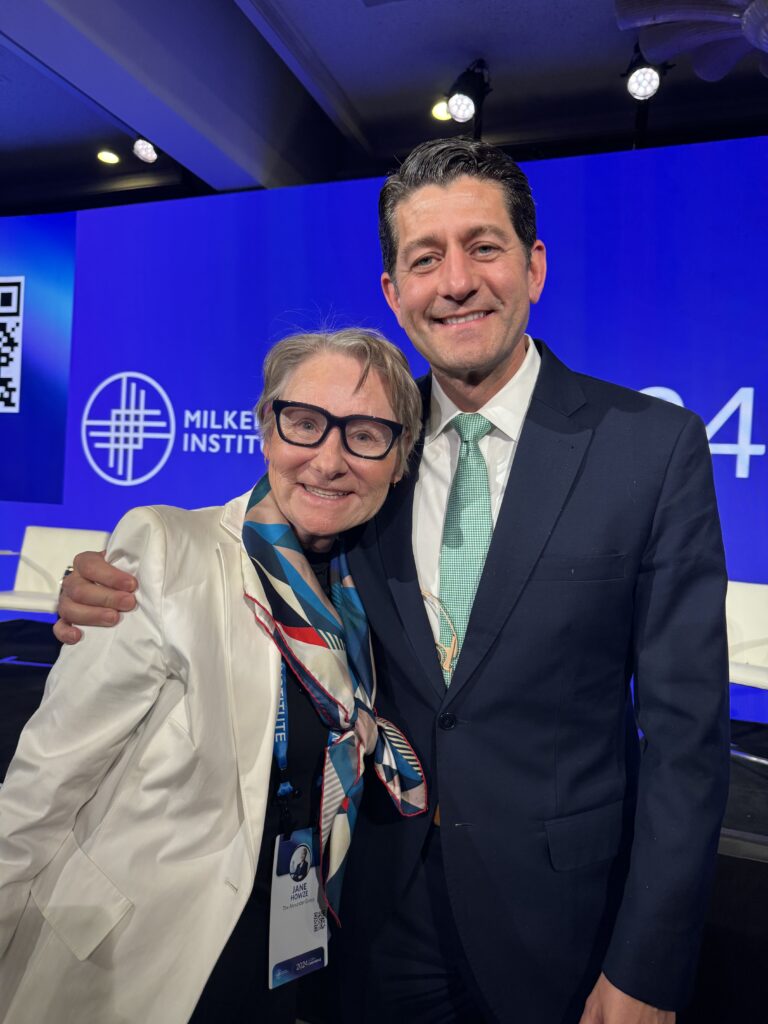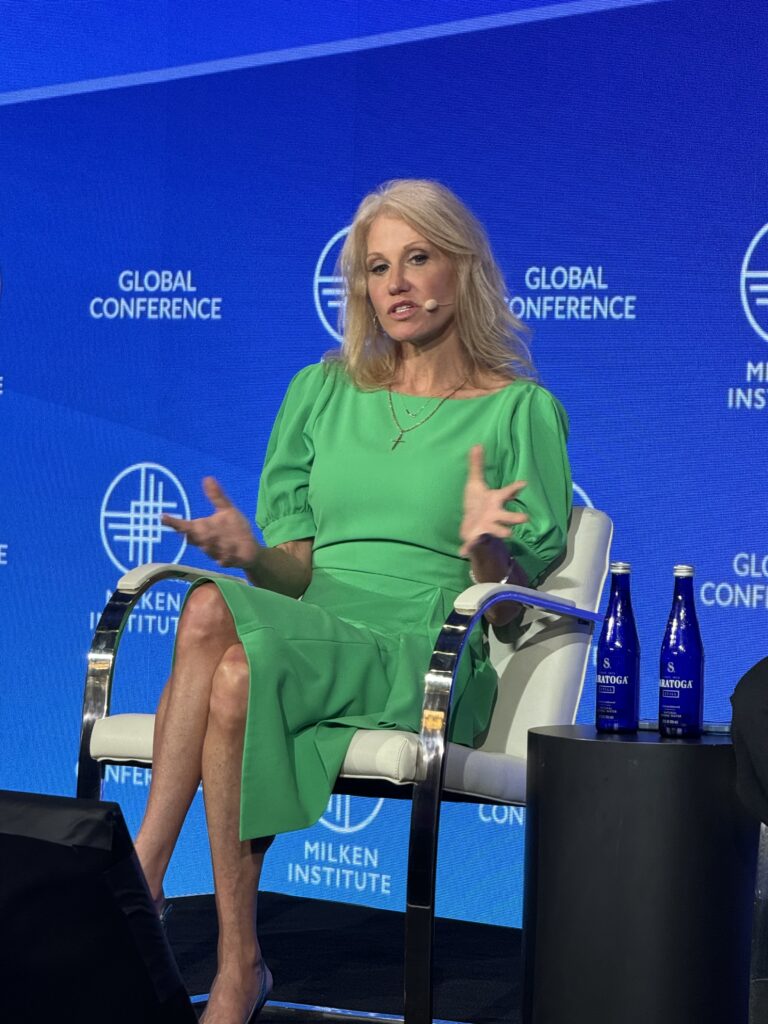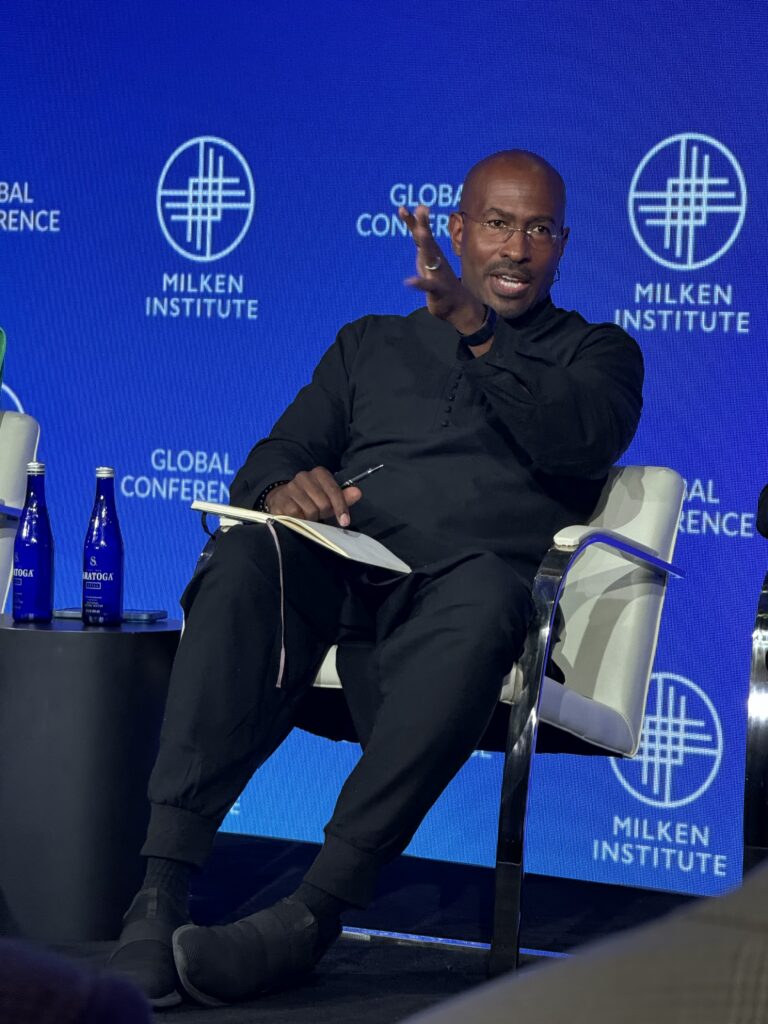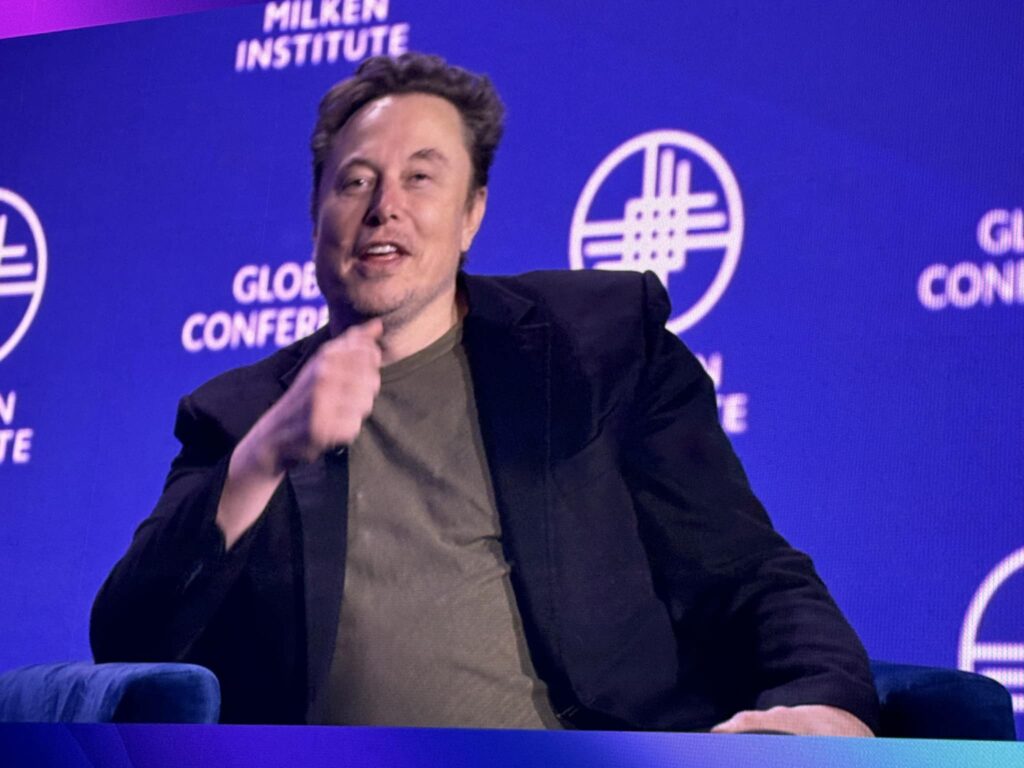I recently had the pleasure of attending the 28th Milken Institute Global Conference in Los Angeles. Although it ended last week, many insights have stayed with me. Over 900 speakers—global political leaders, business executives, scientists, non-profit leaders, and cultural and entertainment icons—participated in over 200 panels.
The speakers and subject matter were so informative, hopeful, and impactful that I want to share some of what I learned, especially about health and those who are making a difference.
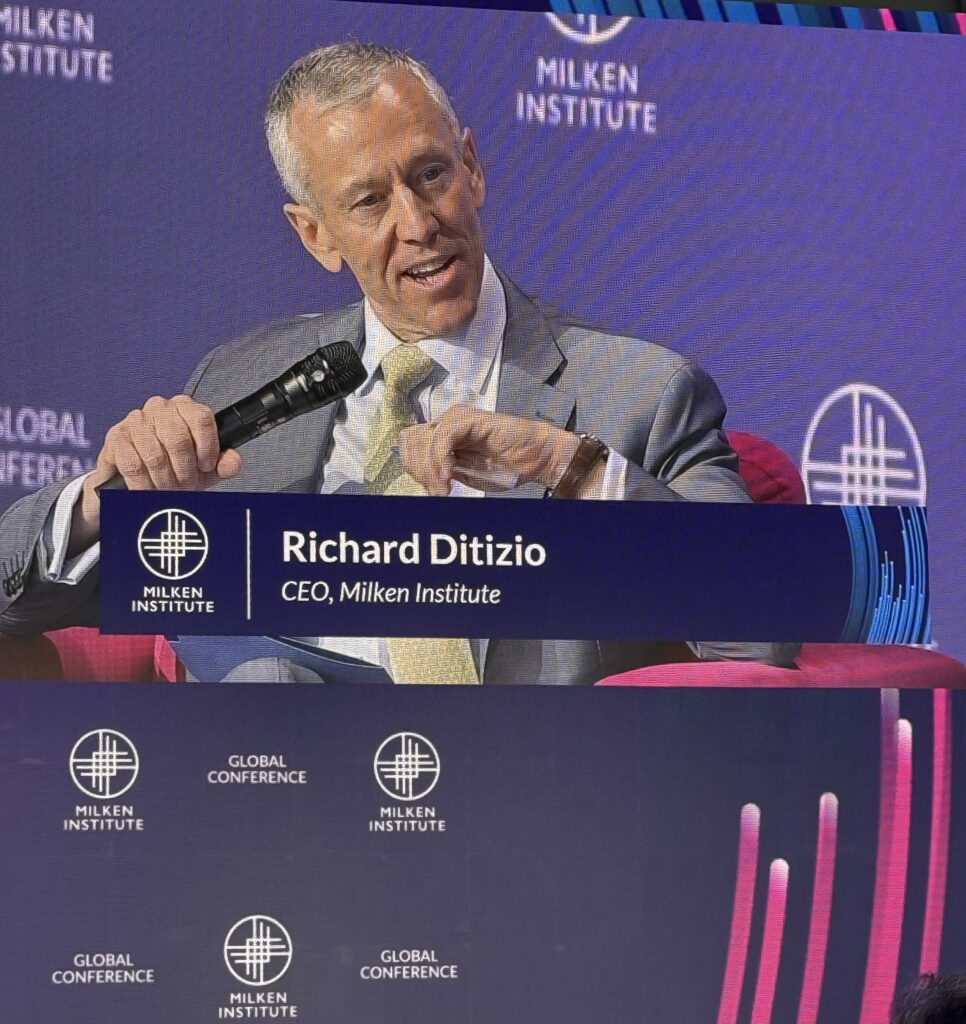
An Impactful Welcome
Those attending conferences seldom remember the introductory welcome. This was not the case at the Milken Conference. After the standard welcome by Milken CEO Richard Ditizio, he went right to the bipartisan issue that concerns us all: the hostility with which people address those with different ideas and how that hostility bleeds across all areas of our society, impacting our children and often leading to violence.
Ditizio called on all of us to be willing to listen and learn from “those who don’t share your beliefs, celebrate the same holidays as you and love different people.” The Milken Conference is apolitical and always cordial, but Ditizio’s impactful words set an aspirational tone and were widely shared on social media.
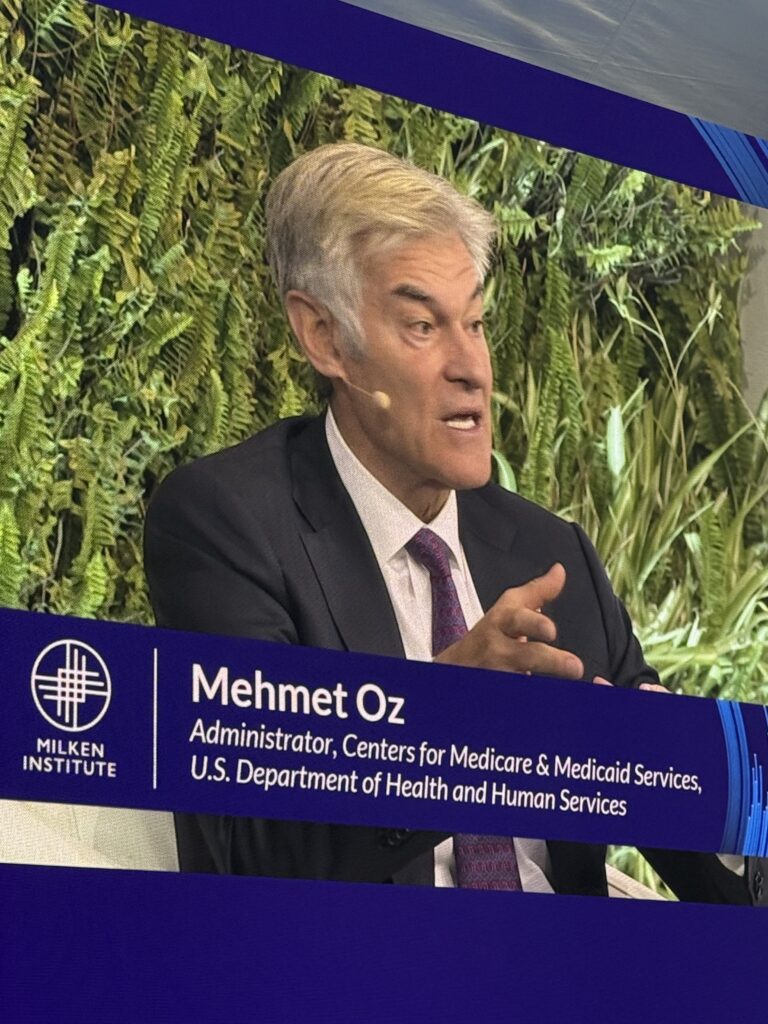
Health Matters
In an interview, Mehmet Oz, the TV personality known as “Dr. Oz” and now the Administrator of Medicare and Medicaid Services, spoke about his efforts to eliminate waste from our outdated reimbursement system.
He cited the fact that states have no way of knowing if a person moves from one state to another, which results in the federal government paying both states and costing taxpayers billions of dollars. Dr. Oz emphasized that every great nation takes care of its most vulnerable, and the most expensive thing we pay for is bad healthcare.

Women’s health was a subject of several sessions.
Former First Lady Jill Biden, chair of the Milken Institute’s newly established Women’s Health Network, spoke about pooling money from the private sector to finance historically underfunded women’s health research.
The sessions illuminated the telling statistics regarding women’s health. For example, Alzheimer’s affects women nearly twice as much as men, as do other diseases, to name a few: heart disease, autoimmune disease, osteoporosis, and stroke. Interestingly, many gynecologists receive little training regarding perimenopause and menopause.
Advances are being made in women’s health. Outside of the sessions, I met with an investor in Amboy Partners, a venture fund focused on women’s health, who spoke of a male birth control method—a cream—that is not that far off.
Longevity Session Offers Advice and Big News for Dog Owners
The session on longevity was standing room only and was one of my favorites—no doubt because of my age, although a number of Gen Xers were also in attendance. Each panelist was involved in some aspect of longevity: preventing Alzheimer’s, studying those who live to 100, which included an orthopedic surgeon/researcher and a researcher of longevity drugs.
Each of the panelists shared hacks for longevity:
- In Sardinia, one key to living to 100 is having daughters.
- Eat more of a plant-based diet and opt to eat at home
- Know your numbers—blood pressure, blood sugar, cholesterol—and get tested regularly to forestall possible problems.
- Bone health is a key to longevity, and it starts in childhood. Move, jump, and pound. Bones love to be bounced.
- Exercise is the number one thing people can do to loosen up the toxic amyloid protein in the brain and maintain brain health, but exercise should be customized to the individual.
What Did We Learn?
- 93% of our lifespan is dependent on daily lifestyle choices. Evidence suggests that if we optimize all lifestyle factors, the average person could expect to live a healthy life to 90 or 95.
- A conservative estimate is that half of dementia cases may be preventable.
- As belly fat gets larger, the memory size in the brain gets smaller.
- The biggest predictor of life expectancy is our zip code.
- Men lose their anabolic steroids in a linear fashion. With menopause, women have a mid-life cataclysmic event.
- Only 2% of venture capital dollars are for women’s health after age 40.
- Women and men have different brains, and the most pivotal time for women is perimenopause transition.
- 25% of women have a gene that is triggered at menopause. Hormone therapy after menopause might take the woman with that gene off the road to dementia.
- Studies have shown that if a patient spends 18 months at the Alzheimer’s Prevention Clinic following an aggressive prevention plan, Alzheimer’s could be delayed four to eight years.
The “How” Behind Doing the Right Thing
Getting people to change their behaviors (diets and exercise) is hard. What we need to do is change our environment. One hack to changing a population’s environment is to increase the walkability of a city or town. If you live in a city like Houston, the average person walks about 4,000 steps a day, but if you live in a walkable city like Boulder, Colorado, or New York, you are likely to rack up closer to 10,000 steps a day. For every daily 1,000-step increase, a person’s chance of dying reduces by 12 percent. A 40-year-old who adds an extra 5000 daily steps can extend their life expectancy by four to five years.
Getting to 100
Longevity is in the details. Women are five times more likely to reach 100 years old than men. However, only 20% of women who reach 100 will be in good shape, while 50% of men who reach 100 will be in good shape. Living to be 100 should be the goal, even though we are not there today. The current life expectancy for women who adhere to healthy lifestyles is 96, and for men it is 91. Life expectancy increases by two years every decade. Happiness increases as you age after traversing through middle age.
Challenges Ahead for Healthcare Advances
There are some potholes on the road to health and longevity. In the past five years, 98% of drugs approved by the U.S. Food and Drug Administration originated with National Institutes of Health grants. Experts at the Milken Global Conference said current funding cuts are expected to have long-lasting effects and possibly take years to reverse. Many up-and-coming scientists are leaving the U.S. in favor of countries more committed to research.
One key to meeting the challenges lies in repositioning the health system toward being healthy instead of sick.
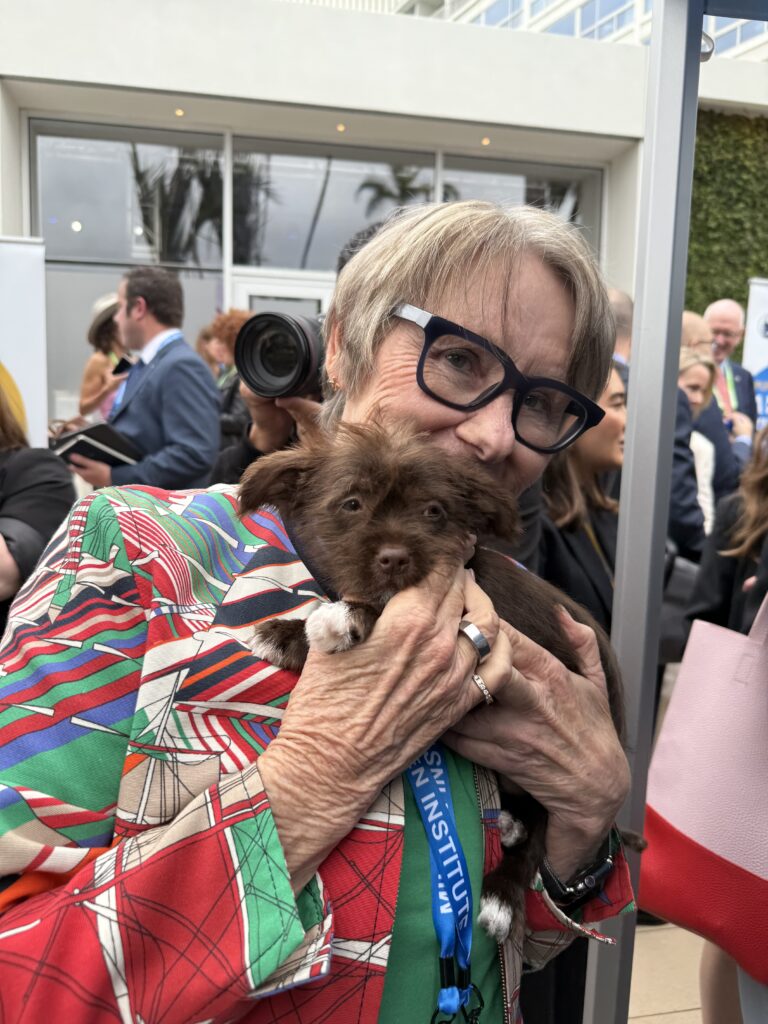
Some Dog Gone Good News
As an avid animal lover (especially of cats and dogs) I was intrigued and excited to learn about Loyal, a clinical-stage veterinary medicine company developing drugs intended to extend the health span and lifespan of dogs. Expect this drug to be approved in the next three years.
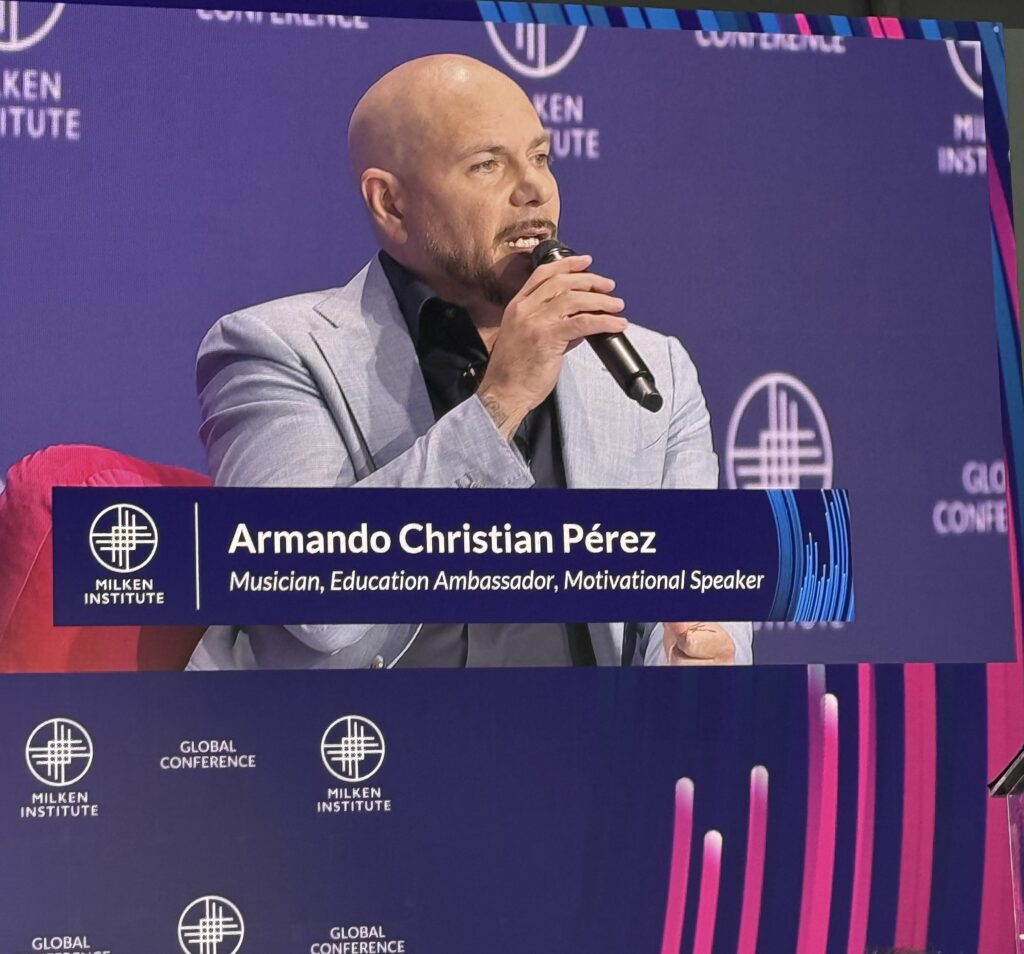
Philanthropy In Action
Philanthropy is a key emphasis at the Global Conference, and attendees are always delighted by ways to give back and the people leading those efforts.
Three of this year’s featured philanthropists were Patrick Dempsey (formerly of Grey’s Anatomy), Armando Christian Perez (Pitbull), and José Andrés (founder of World Central Kitchen). Pitbull spoke about a tuition-free public charter school network recognized globally as a leading education organization responsible for serving over 10,000 students. He stated, “it all started when a teacher believed in me.”
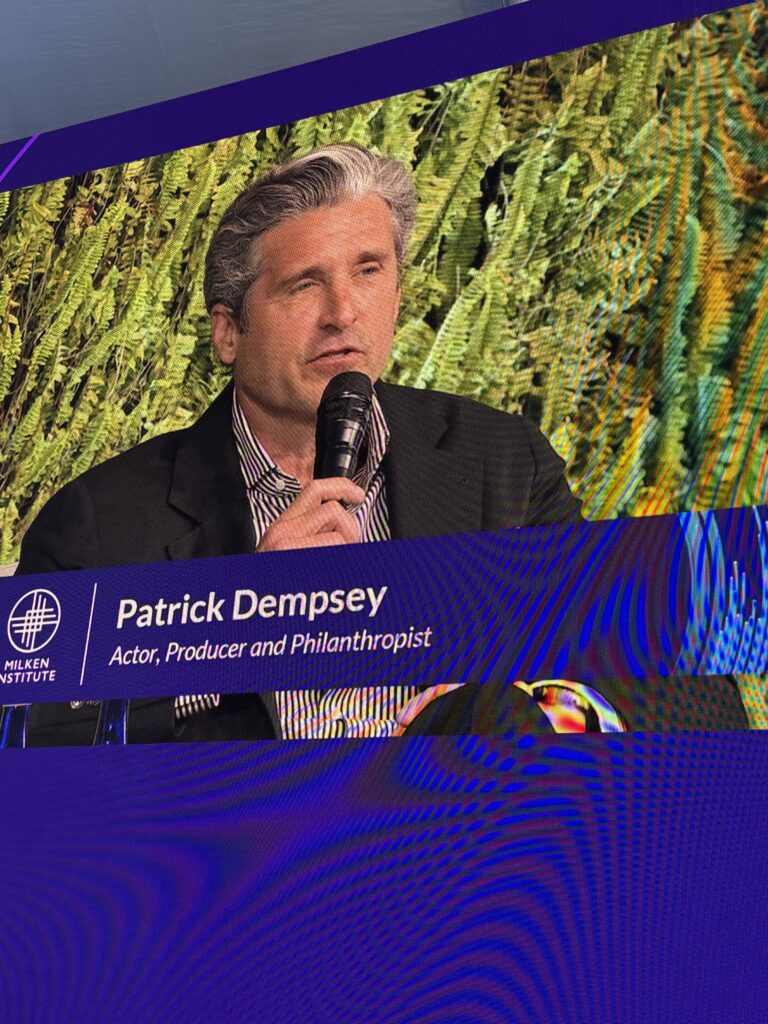
Dempsey started the Dempsey Center in Portland, Maine, in response to his mother’s cancer journey. The center offers supplemental, holistic treatments to cancer patients, such as yoga, Reiki, acupuncture, and counseling. Although its brick-and-mortar facility is in Maine, its 35 programs reach 32 states and four countries.
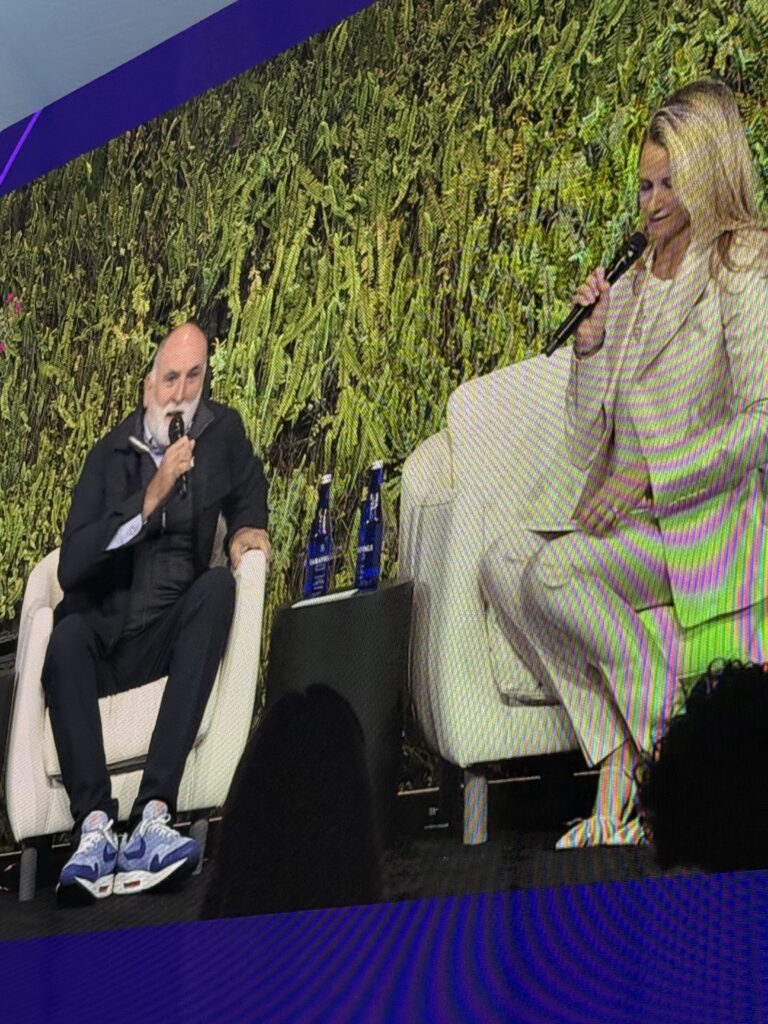
World Central Kitchen Founder Jose Andres, recently awarded the Presidential Medal of Freedom, was interviewed by California First partner Jennifer Siebel Newsom and spoke about how sharing food, especially in a crisis, can be a powerful tool for good.
Andres spoke about how storytelling, through his videos of feeding those in need after catastrophic events, communicates the level of devastation and the hope found after a warm meal and the promise of a new day. He praised the volunteers working in real time to set up food trucks and outdoor restaurants, most recently during the California wildfires.
“We should be treating people in emergencies like they are coming to my best restaurant,” Andres said. Newsom commented, “food can be a tool for communities to heal.” As I exited these sessions, I heard attendees discussing how they could share what they learned.
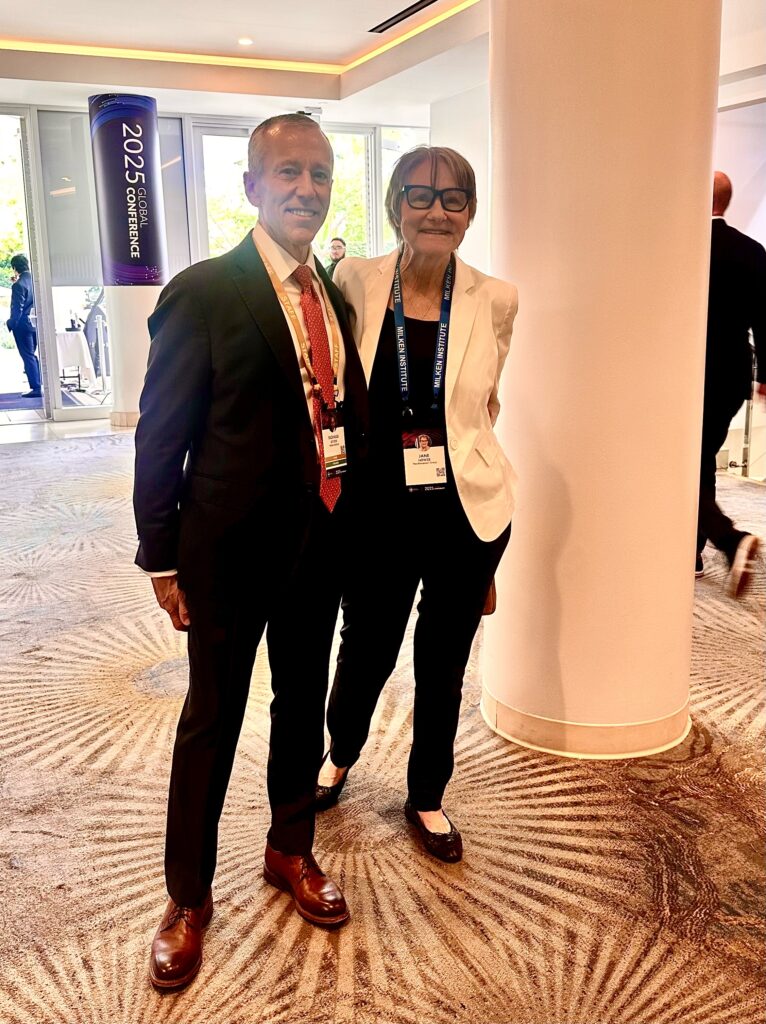
Final Thoughts: Milken Global Conference 2025
These are indeed uncertain times and there is much reason for angst, anxiety and even fear. The beauty of the Milken Global Conference is the confluence of ideas and perspectives and the desire to flourish—the theme of this year’s Global Conference.
The Milken Institute has posted many sessions on its website and social media channels.
I hope they will get the attention they deserve.
